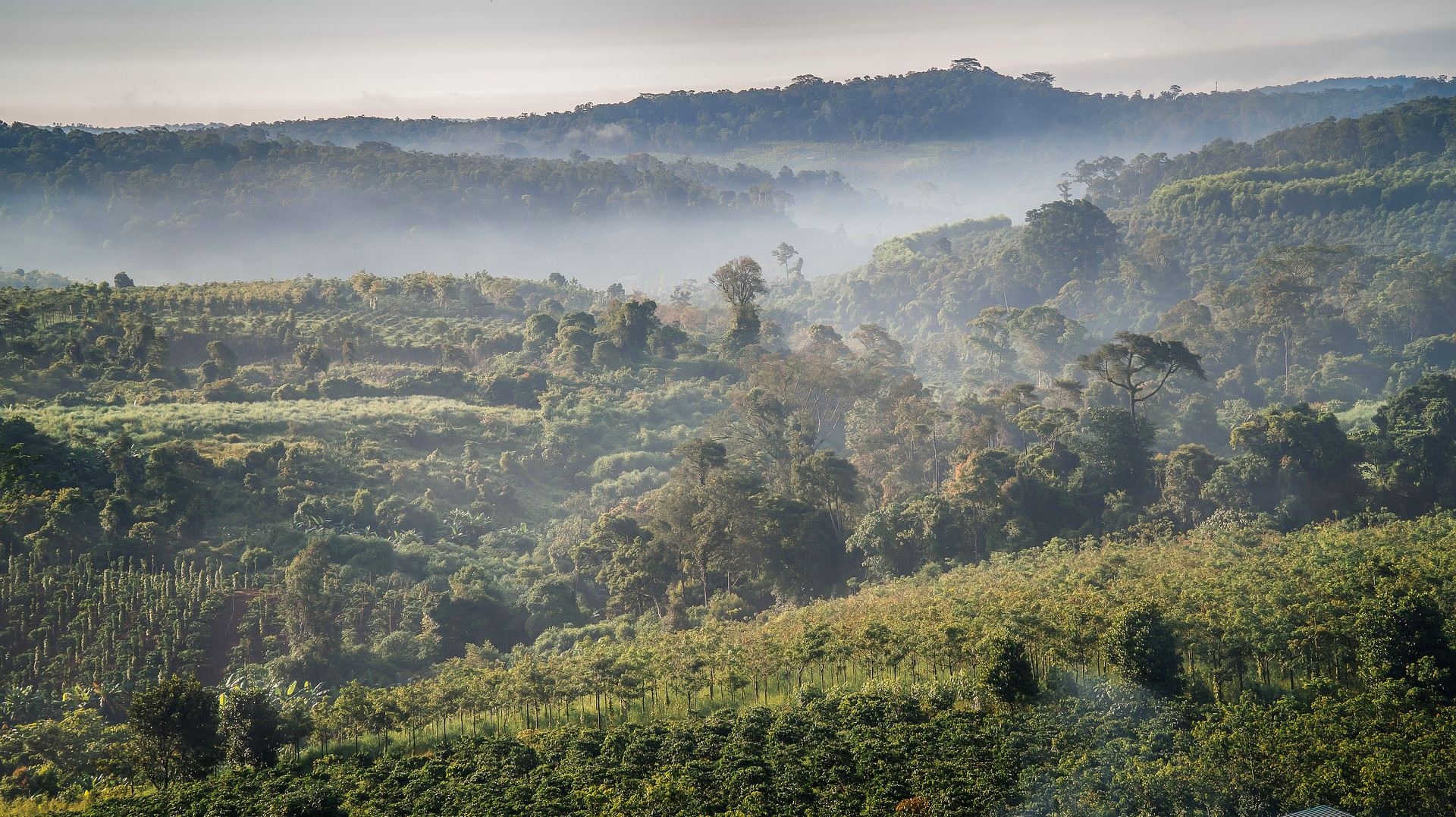Consumption in rich countries simplifies tropical forests
2021/04/06 Etxebeste Aduriz, Egoitz - Elhuyar Zientzia Iturria: Elhuyar aldizkaria

International trade has measured its impact on deforestation in a recent work published in the journal Nature Ecology & Evolution. They conclude that consumption of products such as soy, coffee, cocoa, palm oil and wood in rich countries is directly related to deforestation in tropical forests and is a growing trend.
Researchers have calculated the deforestation footprint each country produced between 2001 and 2015. And they have observed that despite the increase in native forest area in several countries, the deforestation footprint has increased, especially in tropical forests, due to imported products. For example, the consumption footprint in the G7 countries has been calculated, with an average annual loss of 3.9 trees per person.
On specific issues, it has been observed that Vietnam is reducing forests to produce coffee consumed in Europe and the US, that cocoa consumption in Germany poses a major threat to the forests of Ivory Coast and Ghana, or that Japanese demand for agricultural products is directly related to deforestation in the Tanzanian coast.
Researchers stressed the importance of clarifying and understanding these relationships between international trade and deforestation in order to properly protect forests.
—

Gai honi buruzko eduki gehiago
Elhuyarrek garatutako teknologia




